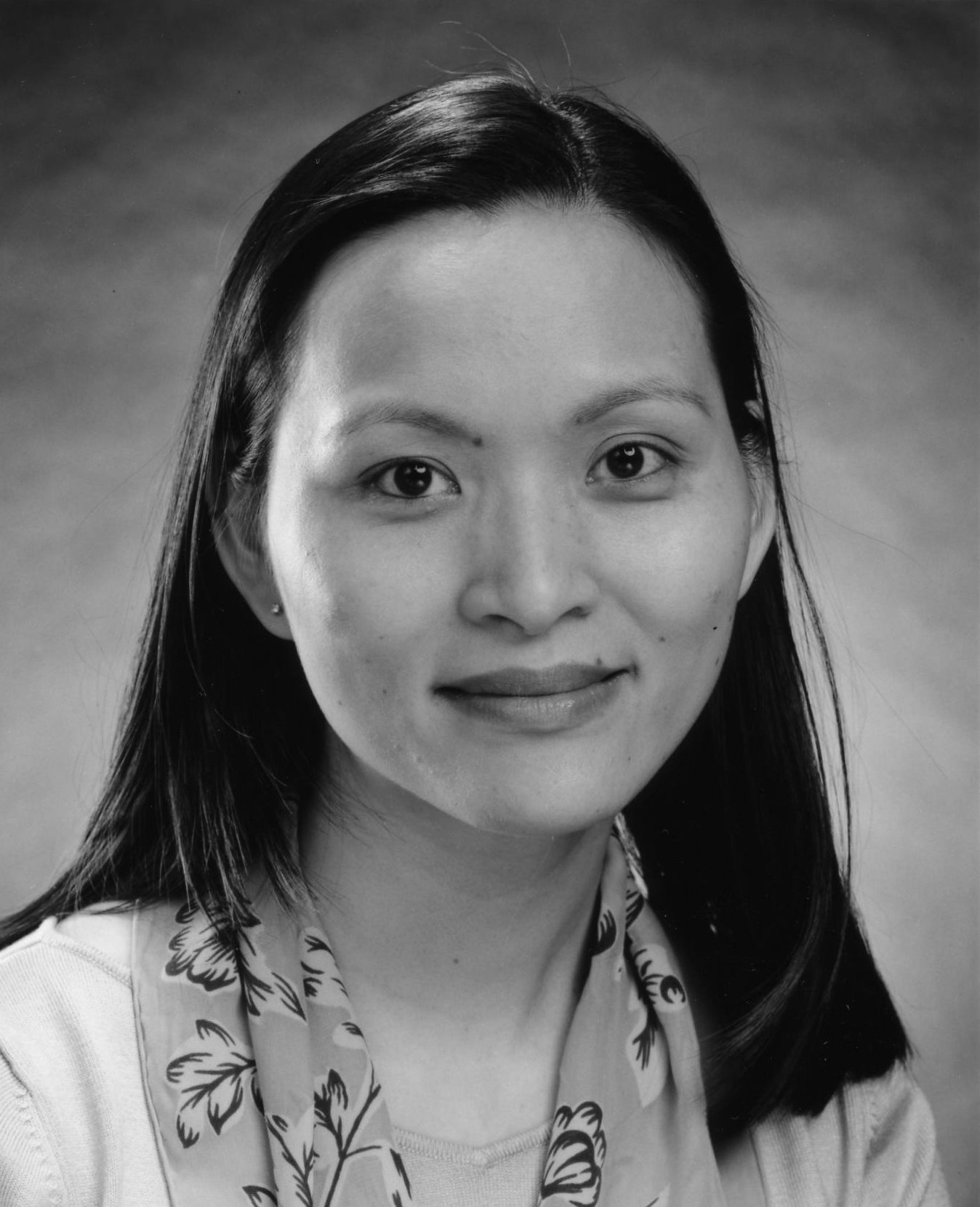Experts
Mei Ying Gechlik (Veron Hung)

Former Non-Resident Associate
About
Mei Gechlik is no longer with the Carnegie Endowment.
Mei Gechlik has in-depth experience in Chinese law, and law, business, and politics in the Asia-Pacific region. She studies legal and political reform in China, constitutional development in Hong Kong, and investment in and trade with China.
Gechlik is admitted as a barrister in England, Wales, and Hong Kong, and is a member of the New York Bar and District of Columbia Bar. She worked with Freshfields LLP in Beijing and Hong Kong, as well as with the U.S. law firm O’Melveny and Myers in Los Angeles. Gechlik was visiting professor at the People’s University in Beijing and was assistant professor of law at the City University of Hong Kong. She was also a legal associate for Asia at the International Human Rights Law Group.
Gechlik was a consultant for the United Nations Office of the High Commissioner for Human Rights, advising the office on implementing human rights technical cooperation programs in China. She trained legislative affairs officials from China’s provinces and the State Council, the country’s highest executive organ, on “China: WTO and Judicial Review.” She also organized meetings and conferences to feature distinguished speakers, including the Hon. Sandra Day O'Connor, former Associate Justice of the U.S. Supreme Court, and the Hon. Zhou Wenzhong, Ambassador of China to the United States
Selected Publications: “Judicial Reform in China: Lessons from Shanghai”, (The Columbia Journal of Asian Law, April 2006); "China's WTO Commitment on Independent Judicial Review: Impact on Legal and Political Reform," American Journal of Comparative Law, Vol. 52, No. 77 (2004); Getting to Democracy in Hong Kong, Carnegie Policy Brief No. 31 (August 2004); Recent Developments in Hong Kong, Testimony for the Subcommittee on Asia and the Pacific, U.S. House of Representatives International Relations Committee (June 2004).
Affiliations
Education
LL.B., Faculty of Law, University of Hong Kong; LL.M., Washington College of Law, American University; J.S.M. and J.S.D., Stanford University School of Law; MBA (Finance), Wharton School of the University of Pennsylvania
Languages
Cantonese Chinese, English, Mandarin Chinese